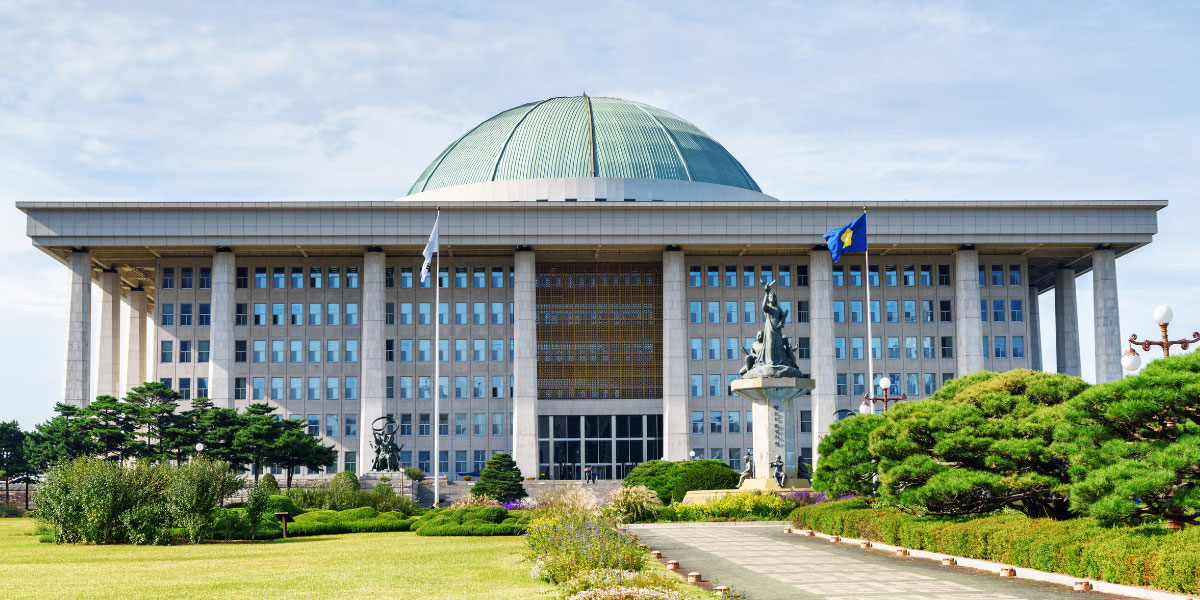On 27 February 2024, South Korea’s Ministry of Economy and Finance (MOEF) announced regulations concerning modifications to Pillar Two global minimum tax rules enacted as part of the 2023 tax reform legislation. The rules will take effect on 22 March 2024. The regulation also introduced the global anti-base erosion (GloBE) information return (GIR) form, the GIR notification form, and the top-up tax declaration form under the income inclusion rule (IIR). The needed information for the GIR is in accordance with data points of the standardized GIR issued by the OECD in July 2023.
South Korea has fully implemented the domestic GloBE regulations and has provided comprehensive guidance on multiple topics outlined in the OECD GloBE model rules. This also includes commentary as well as administrative guidance (AG) issued in February and July 2023. Additional modifications are expected to be made which may incorporate the undertaxed payments rule (UTPR) safe harbor provisions from the July guidance and revisions from the administrative guidance of December 2023. Furthermore, an announcement for implementing the Qualified Domestic Minimum Top-Up Tax (QDMTT) in Korea is expected.
On 4 January 2024, South Korea’s National Tax Service released the new Pillar 2 global minimum tax (GMT) requirements. The South Korean government aims to enforce the global minimum tax requirements from 1 January 2024.















